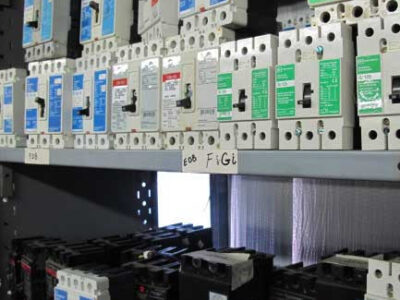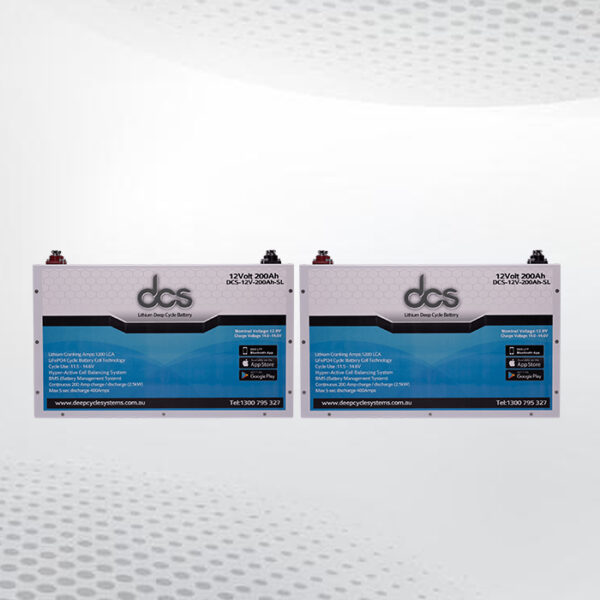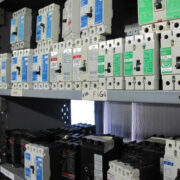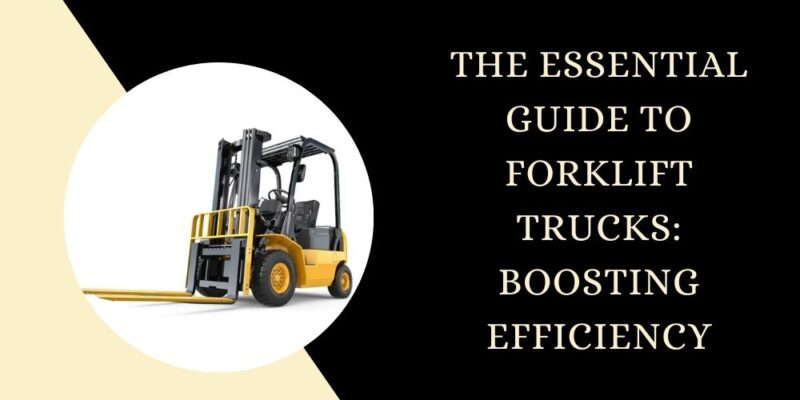
Introduction
Hello, and welcome to our in-depth guide to Forklift Trucks, which are central to operations in warehouses, construction sites, and manufacturing plants worldwide. We’re set to delve into the forklift universe, shedding light on their diverse types, applications, and pivotal role in enhancing efficiency across various industries. This guide is crafted to be clear, concise, and informative, making it accessible to all readers, regardless of their prior knowledge of the subject.
What are Forklift Trucks?
A forklift truck is a robust vehicle designed for lifting and transporting materials over short distances. It comes equipped with a frontal fork, enabling it to lift hefty loads effortlessly, making it a key player in numerous sectors.
How Forklifts Serve Industries
Forklift trucks are indispensable in warehousing, manufacturing, and logistics, playing a vital role in stacking, loading, and unloading goods, thereby significantly easing manual labor.
A Glimpse into Types of Forklift Trucks
- Standard Counterbalance Forklifts: These ubiquitous forklifts feature frontal forks and rear weights to balance heavy loads, adaptable to various environments.
- Reach Trucks: Tailored for warehouses with narrow aisles, reach trucks possess extendable forks capable of lifting loads to significant heights.
- Pallet Trucks: Known also as pallet jacks, these simple machines are designed for short-distance pallet transportation, ideal for retail and light warehouse tasks.
- Rough Terrain Forklifts: Crafted for outdoor use, these forklifts boast rugged tires and robust engines, perfect for construction sites and uneven terrains.
Safety First: Operating a Forklift
- Training and Certification: Operators must undergo proper training and certification to handle forklifts safely.
- Daily Checks: A routine inspection of brakes, tires, controls, and warning devices is essential before forklift operation to ensure everything is in prime condition.
- Understanding Load Capacity: Adhering to the forklift’s maximum load capacity is critical to prevent accidents.
Maintenance and Care of Forklift Trucks
- Regular Maintenance: Forklifts require ongoing maintenance, including oiling, tire checks, and battery care for electric models.
- Dealing with Wear and Tear: Prompt replacement of worn parts like tires, forks, and brakes is crucial for safety.
- Cleanliness: Beyond aesthetics, cleanliness prevents dirt and debris from clogging moving parts, averting mechanical issues.
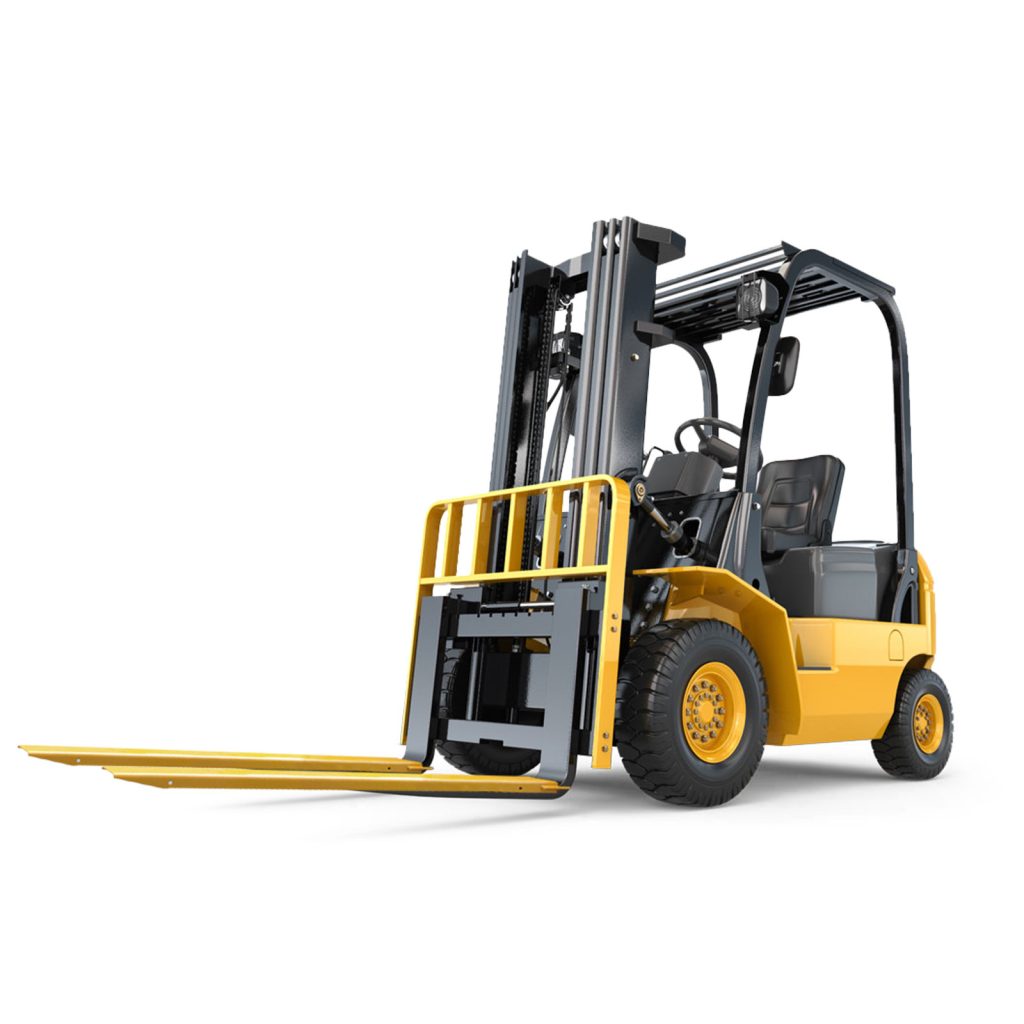
Forklift Trucks
Forklift Innovations and Trends
- Electric Forklifts: The shift towards electric forklifts is notable for their environmental friendliness, reduced noise, and lower operational costs compared to gas-powered .
- Automation and Smart Technologies: Contemporary forklifts are equipped with intelligent technologies and automation, promising to transform material handling.
- Ergonomic Design: Manufacturers are enhancing forklift ergonomics to boost operator comfort and, consequently, productivity.
Choosing the Right Forklift
- Assess Your Environment: The operational setting, whether indoor or outdoor, dictates the suitable forklift type.
- Understand Your Load: The nature and weight of the materials determine the required forklift capacity and specialization.
- Budget Considerations: Forklifts represent a significant investment; hence, it’s vital to balance initial costs with long-term operational expenses.
Conclusion
Forklift trucks are indeed indispensable in the world of material handling, serving as the workhorses that keep various industries moving smoothly. Their versatility and efficiency make them invaluable assets in a wide range of environments. Whether you’re navigating the aisles of a sprawling warehouse, navigating through the hustle and bustle of a construction site, or carefully maneuvering in the confined spaces of a retail store, forklifts are there to meet your needs.
However, owning a forklift goes beyond just acquiring the right equipment. Prioritizing safety and maintenance is paramount to ensure the longevity and efficiency of your forklift fleet. This involves providing comprehensive training for operators, conducting regular inspections and maintenance checks, and adhering to safety protocols at all times. By investing in safety training and implementing robust maintenance procedures, you can mitigate risks and create a safer working environment for everyone involved.
Staying informed about the latest trends and innovations in the forklift industry is also crucial for maximizing efficiency and staying ahead of the competition. As technology continues to evolve, new advancements such as electric forklifts, automation, and ergonomic designs are shaping the future of material handling. By embracing these innovations and incorporating them into your operations, you can improve productivity, reduce costs, and enhance overall efficiency.
In conclusion, forklift trucks play a vital role in modern material handling operations, offering unmatched versatility, efficiency, and reliability. By understanding the different types of forklifts, prioritizing safety and maintenance, and embracing innovation, you can ensure that your forklift operations contribute positively to your business’s success. Whether you’re lifting heavy loads in a warehouse, transporting goods on a construction site, or fulfilling orders in a retail store, forklifts are the backbone of your operations, helping you move forward with confidence.
Note:-For a deeper dive into this subject, explore the enlightening articles provided at emperiortech.

